![]()
The Stages Of Grief And How To Handle Them
1. The first stage is denial.
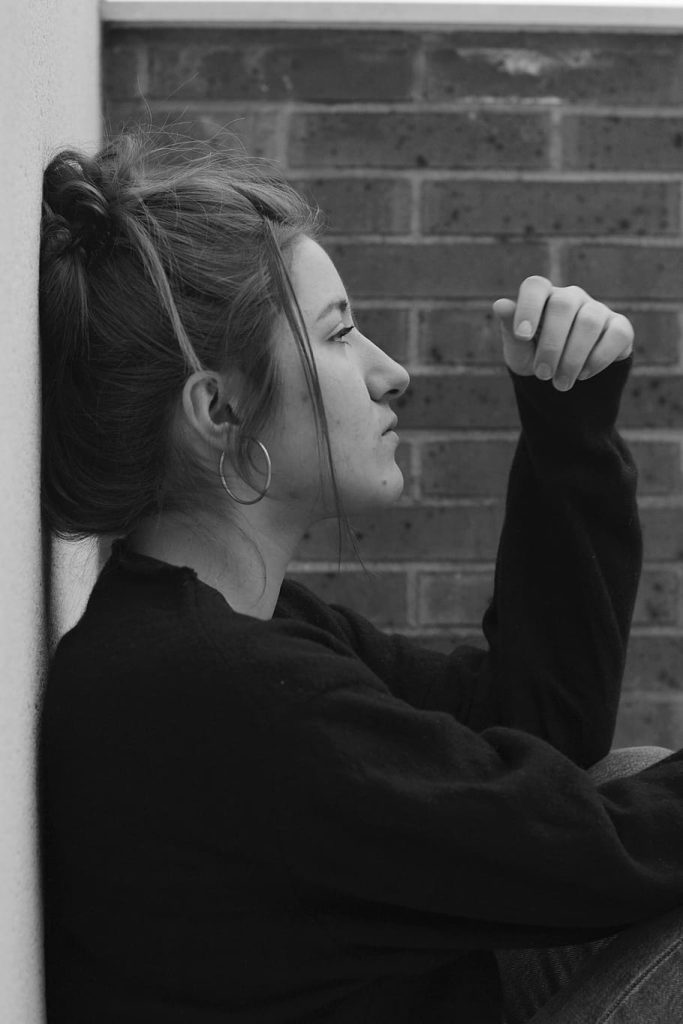
Image Source: wallpaperflare.com
The first stage you'll probably go through after your loss is denial. In the first few days after losing someone you love, you'll probably feel mainly shocked, and you might not even believe that this has actually happened to you or the person you love. This is totally normal.
2. You might try soldiering on.

Image Source: isamagazine.com
When you first learn about your loss, your first thought might be to keep going as usual. If you do that, then the grief isn't really real, right? Soldiering on is a common reaction to a huge loss in your life when you might just want to forget that anything bad has actually happened. Saying 'I'm fine' when questioned by loved ones is another common reaction.
3. Or have some uncomfortable physical symptoms.

Image Source: nprfreshair.tumblr.com
In those early days of dealing with your grief, denial and shock can actually turn into real physical symptoms. Some of the most common ones are being sick, loss of appetite, trouble sleeping, and heart palpitations. Though these might sound serious, they're just a symptom of your body coping with such a heavy shock.
4. You feel detached from reality.

Image Source: eyeem.com
As well as experiencing physical sickness, in the early stages of your grief, you might also start to feel physically detached from reality. This is a common part of mental anguish, but it can be uncomfortable. The things you do might not seem 'right', or you might feel like nothing is affecting you in the same way as before.
5. Next, you'll feel pain.
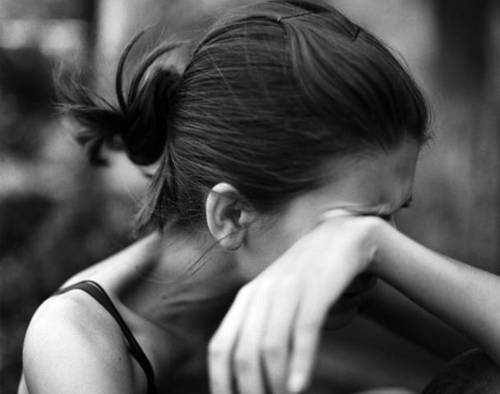
Image Source: basic-bliss.com
After denial, the next traditional stage of grief is pain. At this point, your body and mind may have begun to realise what has happened to you, and the pain of grief will start to come to the forefront. This part can be extremely challenging and typically will involve lots of tears - but that's all part of the process.
6. Do you feel guilty?
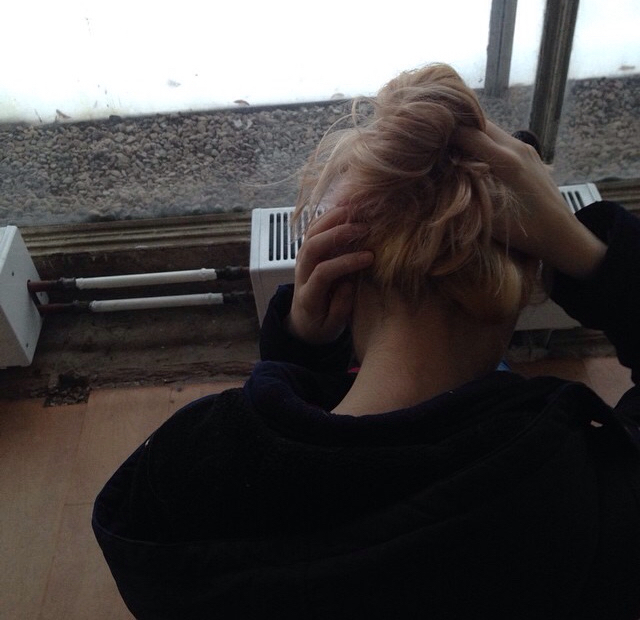
Image Source: weheartit.com
As well as pain, you might be trying to come to terms with some feelings of guilt associated with your grief. For example, do you think that you did something that may have caused your loved one's death? This may be totally nonsensical, but you might
7. The feelings might be overwhelming now.

Image Source: tumblr.com
Dealing with the raw pain of your loss at this moment (and any associated feelings of remorse or grief that might come along with that) will undoubtedly feel overwhelming. You might feel like there won't be an end to your grief, sadness, and heartbreak, and all of that is natural.
8. It's important to acknowledge them.

Image Source: pinterest.com
For starters, it's important to acknowledge your feelings at this point. Feeling devastated and heartbroken is part of grief - it helps to understand that and accept that that is how you are feeling. Don't push your feelings away if you can help it. Spend as much time as you need feeling them.
9. After pain comes anger.
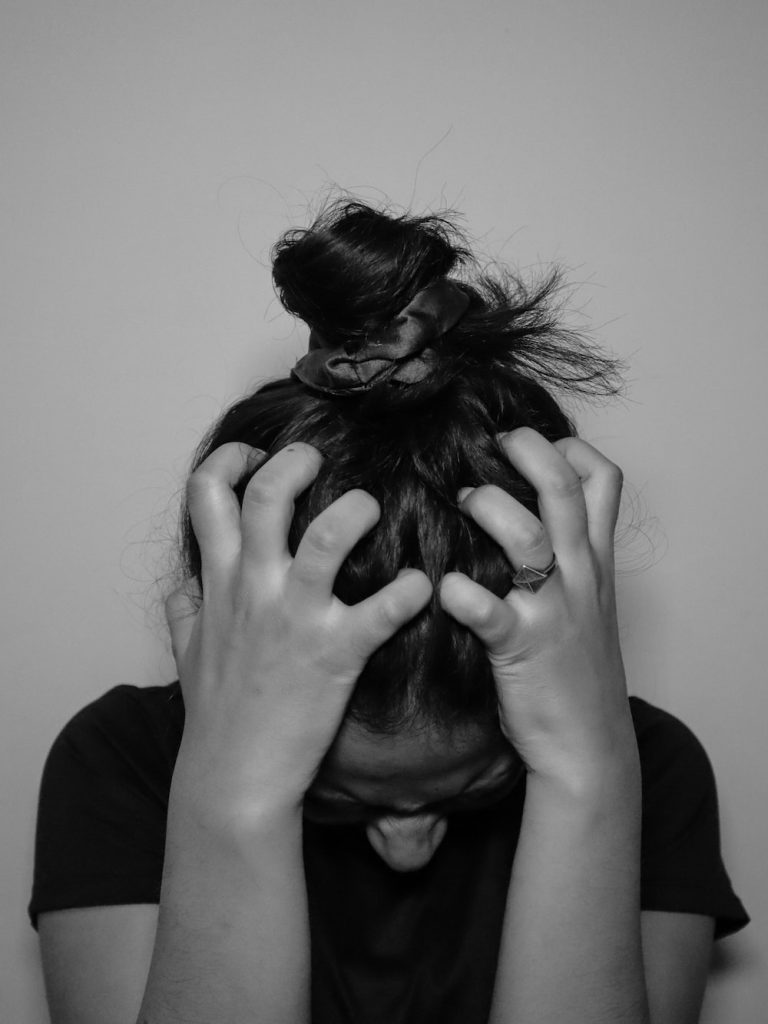
Image Source: Unsplash
Once your pain has subsided a little (or you've reached total acknowledgement of your sadness), you might move on to feeling anger. This is another common stage of grief, and many people will experience it even if they don't feel experience other parts of the traditional stages.
10. This might be directed toward a stranger.
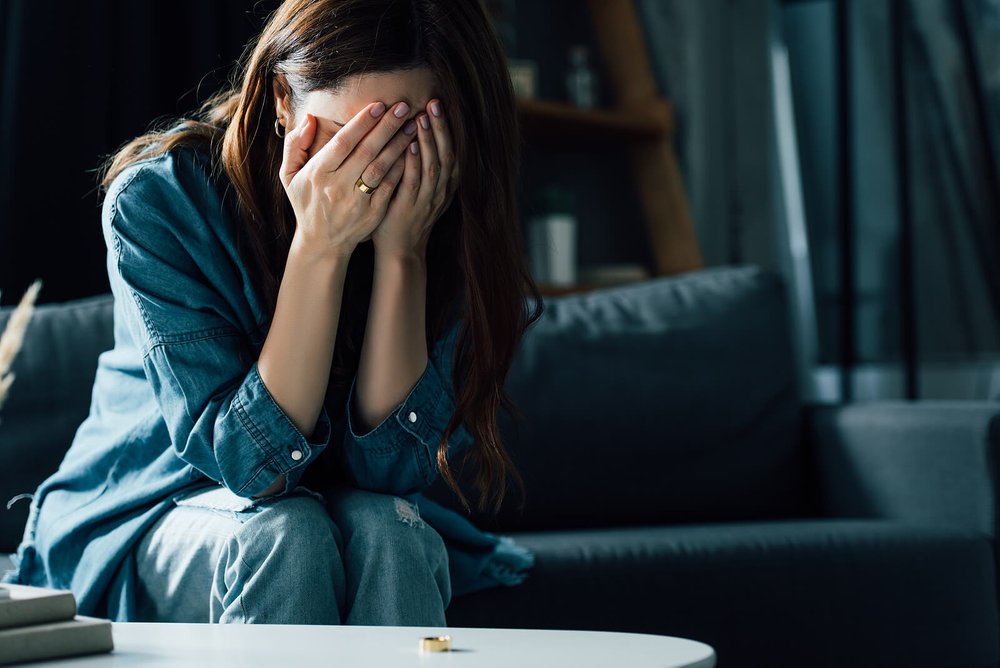
Image Source: apricitybehavioralhealth.com
If your loved one died in a traumatic incident, you may feel anger towards the person or thing that has caused their death. However, your feelings of anger might also be directed at the universe as a whole, or a God if you believe in one. It's natural to feel that someone could have prevented your loved one's death and to feel intense anger towards them.
11. Or towards your deceased loved one.

Image Source: pinterest.com
On the other hand, you may also feel anger towards your loved one. This might make you feel guilty on top of your anger and sadness. However, it's a common feeling to think, 'What if you hadn't done that on the day you died?' or 'You would still be here if you hadn't done that!'
12. Anger is just one part of this feeling.

Image Source: natureandbeauty.tumblr.com
But anger is just one part of this common stage of grief. As well as that, you may go through the period known as 'bargaining', where you try to think about other scenarios and how that would have affected your loved one's death. At this point, your brain is starting to lose control of your feelings, and take you to some uncomfortable places.
13. Are you feeling 'if only' and 'what if'?

Image Source: Unsplash
One of the typical parts of the bargaining stage is replaying your loved one's death in your brain. You may go through all the circumstances that led to their death and consider what might have happened had things been different. Saying 'if only' and 'what if' during this time is common.
14. You might also feel shame.

Image Source: verywellmind.com
One feeling that isn't talked about as much in relation to the grieving process is shame. As well as feeling sad about your loss, you might start to judge yourself for how you have dealt with it. For example, you may feel shame for going through denial and trying to carry on as normal, or for being angry at your loved one.
15. The next significant stage is depression.

Image Source: oyesuna.com
Usually, after feeling anger, your feelings will fade to an ache that might not seem to have an end. This stage is depression and is a stage that almost everyone will go through. At this point, you'll probably start to reckon with your life without your loved one, and that will make you feel deeper levels of loneliness and sorrow.
16. Remember, it's okay to be alone.

Image Source: Unsplash
At this point, if you need some time to yourself, remember that it's okay to ask for that. Going about your daily life as normal might be too overwhelming, and you might need some time to come to terms with your life without your loved one. Take time for your needs.
17. But having a support system is important.

Image Source: pinterest.com
At the same time, remember that it's good to talk to people. Having people by your side can make your grief seem more manageable, especially if they are going through similar things. Try not to close yourself off completely from your loved ones, as this can make you feel worse.
18. You might also consider therapy.

Image Source: pinterest.com
At this stage of your grief, you might consider getting therapy to help you recover from the shock and sadness of your loss. There's no shame in going down this route if you think it will help you. This will also help if you think your depression is stopping you from living your life.
19. The good days become more frequent.

Image Source: pinterest.com
With therapy or even just talking to people, you might start to feel like you can carry your grief with you during your daily life. At this point, you might start to have slightly more good days than bad, or see the good things in life more frequently.
20. You will start to come through your depression.

Image Source: pinterest.com
This stage is you coming out of your depression. Though you might feel guilty for feeling 'happy' again after experiencing such a deep loss, remember that accepting your feelings is important to getting some closure and moving forward with your life.
21. You might grieve your old life, too.
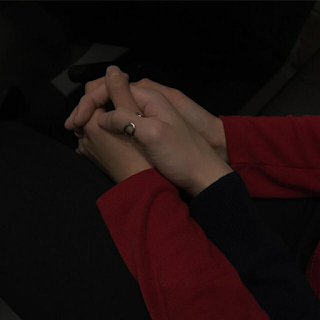
Image Source: pinterest.com
While you're starting to feel better at this point in your grieving journey, it's natural to feel loss - both loss of your loved one and the loss of your old life with them. You might wish you could go back to that time with them, even though you can't. Grieving for the life you had is just as valid as grieving the person you lost.
22. Try to do things that you enjoy.

Image Source: pinterest.com
While you start to feel better, you might find it helpful to incorporate some of your old hobbies back into your life. If this feels like too much still, try doing little things every day that you find joy in, such as going for a walk in your favourite park, cooking your favourite meal, or even just wearing your favourite clothes.
23. Find a new routine.
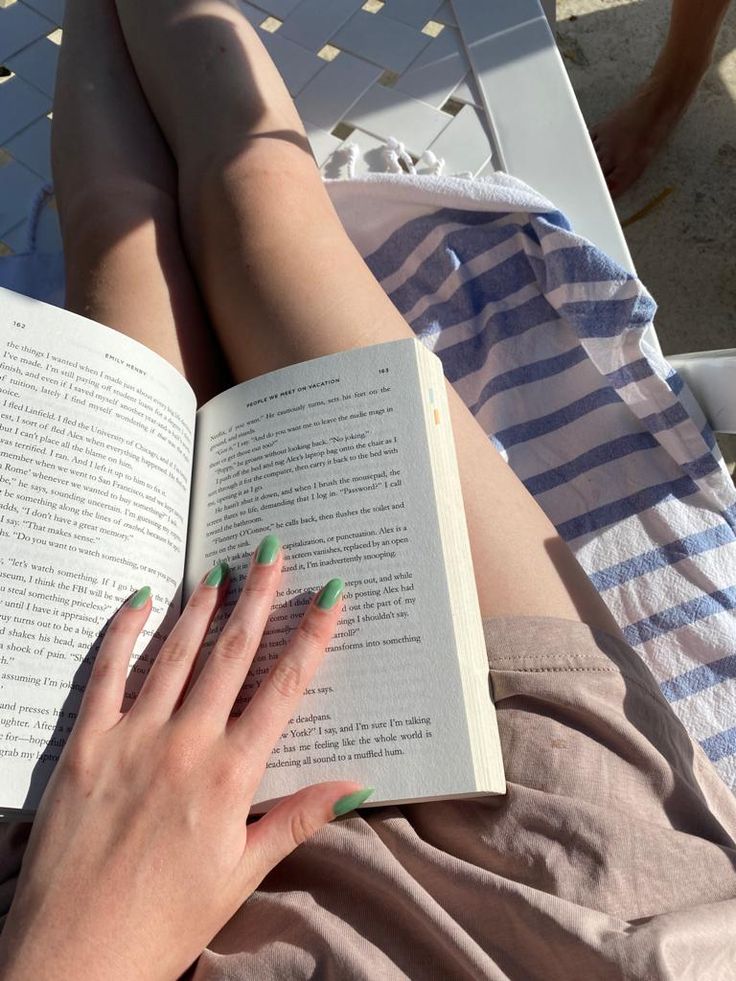
Image Source: pinterest.com
It can also be helpful to find a new routine to mark this phase in your life. If doing old hobbies brings back too many memories of the person you've lost, maybe try something new for a change. This might help you meet new people that aren't associated with your grief and help you find some semblance of normality again.
24. Take back control.

Image Source: pinterest.com
Ultimately, this part of the grieving process is about wresting control of your life away from your grief. Although this feeling will likely always be with you (you'll always miss your loved one), you can find some control, and start to create a life that you'll love again.
25. You're almost at the end.

Image Source: pinterest.com
Finding control in your life again and feeling happier every day is one of the final stages of the traditional grieving process. But you should remember that it's also okay to 'relapse' - you may not go through these stages easily, and find yourself feeling anger, pain, and depression by turns.
26. Finally: acceptance.

Image Source: pinterest.com
The traditional final stage of grief is acceptance. This is typically described as the moment you understand what you have been through, acknowledge your loss, and begin to take steps to move forward with your life. At this point, you might feel like going back to life as 'normal'.
27. It's time to acknowledge your loss.

Image Source: pinterest.com
Acceptance doesn't mean trying to 'get over' your loss or forgetting about the person you're grieving. As we've mentioned, grief will stay with you probably for the rest of your life. Acceptance just means acknowledging your loss - being able to say, 'this has happened to me, and I accept it'.
28. Talk about your experience with others.

Image Source: pinterest.co.uk
You might find it helps you to move forward with your life after your loss by speaking to others in the same boat as you. Maybe you find a community of other people who have lost someone and can help you get through this tricky stage of your life now.
29. Start to think about the good times.

Image Source: pinterest.com
As you begin to accept the loss that you've experienced, you might begin to think back on your time with your loved one with happiness, instead of sadness. You might focus on the happy times you spend with your loved one and focus on how much joy you experienced with them.
30. Remember that grief will stay with you.

Image Source: pinterest.com
Grief can be lifelong. It isn't a linear process, and you may have times after you've surpassed the 'acceptance' stage of the journey when you feel intense sadness, anger, or pain again. This is all normal. There is no 'easy' or 'normal' way to grieve, and everyone does it differently. Knowing this can also make the experience easier.
31. Here are some things you can do to heal your heartbreak!
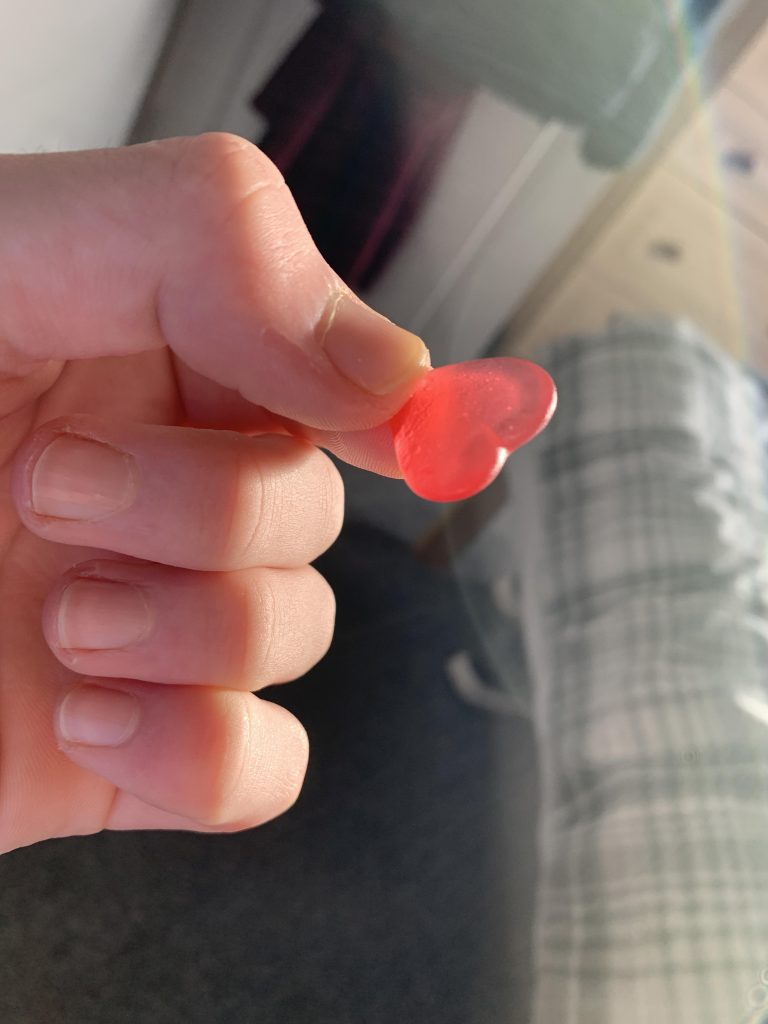 image source: reddit.com
image source: reddit.com
Heartbreak and grief often go hand in hand. Where grief relates to a loved one who has passed on, heartbreak can be a difficult emotion to deal with when you lose a person who is still in this world, like after a difficult break up or when you stop speaking to someone who meant something to you. Healing heartbreak is just as important as understanding grief. So what are some symptoms of a broken heart? Usually, you'll know - it can often feel like physical pain, heavy on your chest, and it makes you depressed, angry and struggling to deal with the day to day tasks.
32. As difficult as it is: go outside as much as possible
 image source: reddit.com
image source: reddit.com
One thing you feel like you definitely don't want to do when you're dealing with heartbreak is go outside the house. You want to curl up in a ball in the privacy of your own home. Going outside is an important step to healing, though - and the best way to do this is to go for a walk in nature, somewhere that isn't too busy or where you can even be alone, but outside. This will help you to get out of the grief bubble, to breathe fresh air but to also see nature and the world around you as a remember that there's a big world out there and things will get easier.
33. Speak openly about your pain and express it to someone you trust
 image source: reddit.com
image source: reddit.com
One thing you shouldn't do when you have a broken heart is try to act like you're fine. Not only is this impossible, but it's going to put a lot of extra stress on you to act like you're okay. And because it's so difficult, the likelihood of your crying or seeming 'off' to others is going to be high, so it's much better to just be open and honest about how you're feeling. Your close friends or family members will know you're going through a breakup and have lost someone, so everyone around you is going to understand. You're allowed to be in pain, and you should talk about it.
34. Use water to help you feel 'cleansed'
 image source: reddit.com
image source: reddit.com
This might sound a little silly, but we all know the power of a hot shower after we've had a sweaty workout or we've been outside on a cold day. There's something about water that makes you feel cleansed on an emotional level as well as physical - you just feel better for it. When you're feeling suffocated with this heavy weight of heartbreak, often the sensation of water can be soothing for the body and mind. You could go for a swim, book time in a jacuzzi, go to the beach and just paddle in the shallows... or take a hot bubble bath.
35. Practice breathing techniques
 image source: reddit.com
image source: reddit.com
One thing you're going to feel like you really can't do when you have a broken heart or you're grieving is breathe. It's something so simple but with the pain and weight on your chest, it can seem like a struggle to take mindful deep breaths - but this is a good practice to try when you're struggling through it. Not only will it help you to avoid further anxiety or panic attacks if you get those, but it will make you focus on the moment in a mindful way (like through practicing meditation) which is a very good help for people struggling mentally and emotionally.
36. Get a new look

image source: reddit.com
This might sound like a cliché, but this can be so helpful when you're going through heartbreak after a breakup specifically. Getting a whole new look can really help you feel like a new person at this next stage in your life. Not only that, it might help you to deal with something that might remind you more of them (like how they always liked your hair color when you didn't). Now is the opportunity to go for a wild new hair color or cut you've always wanted to try, or treat yourself to a new wardrobe. It's a transformative process for the next step in your journey.
37. Sign up for something completely new
 image source: reddit.com
image source: reddit.com
The next step if you're looking to really try something new is to sign up for a new class or hobby - the more out of your comfort zone, the better, or something you were putting off for ages while you were still with the person you loved. It can seem like the last thing you want to do in terms of energy levels, so don't rush into it, but when you're ready, it can be a great way to meet new people, new friends or just to take your mind off everything. You might even be able to find classes centered around people who are struggling or grieving.
38. Take a vacation or small trip
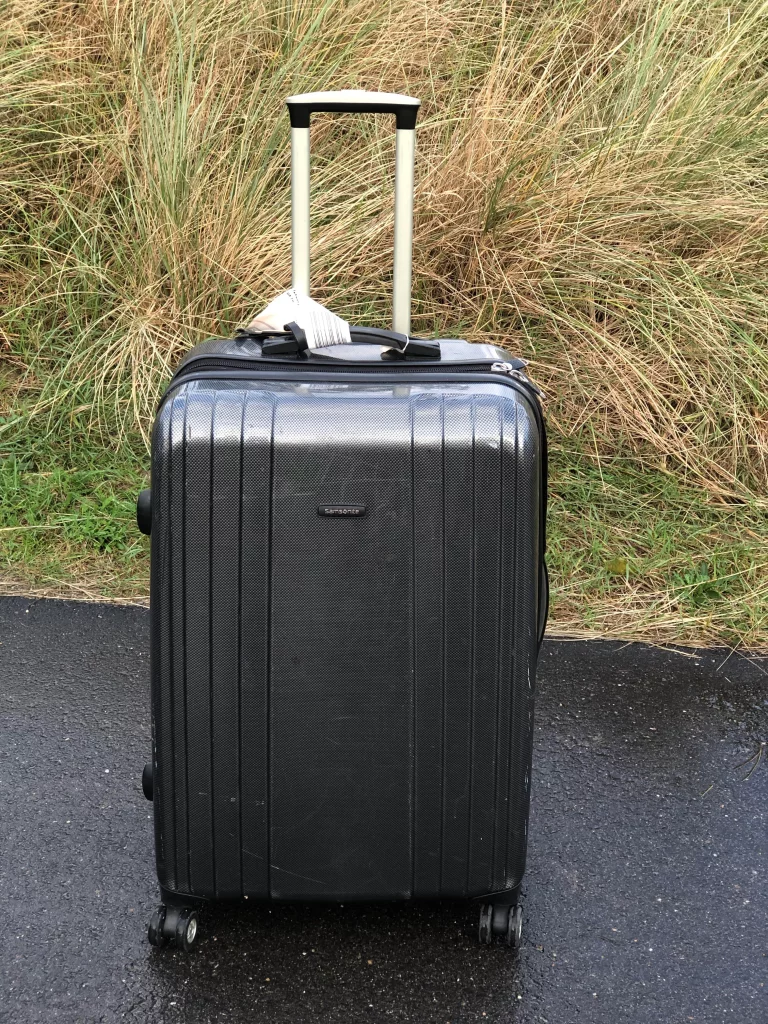 image source: reddit.com
image source: reddit.com
We all know that travel is one of the best things you can do when you want to get away, to try something new or just feel like escaping. After a breakup or when you're going through heartbreak, this is one of the best things you can do for yourself in order to heal, because it will take you away from the home location you associate with everything that happened to you. It may also give you some privacy that you might not get at home, if you feel like you want to take a solo trip to find some peace and quiet to deal with your pain.
39. Don't neglect your exercise routine
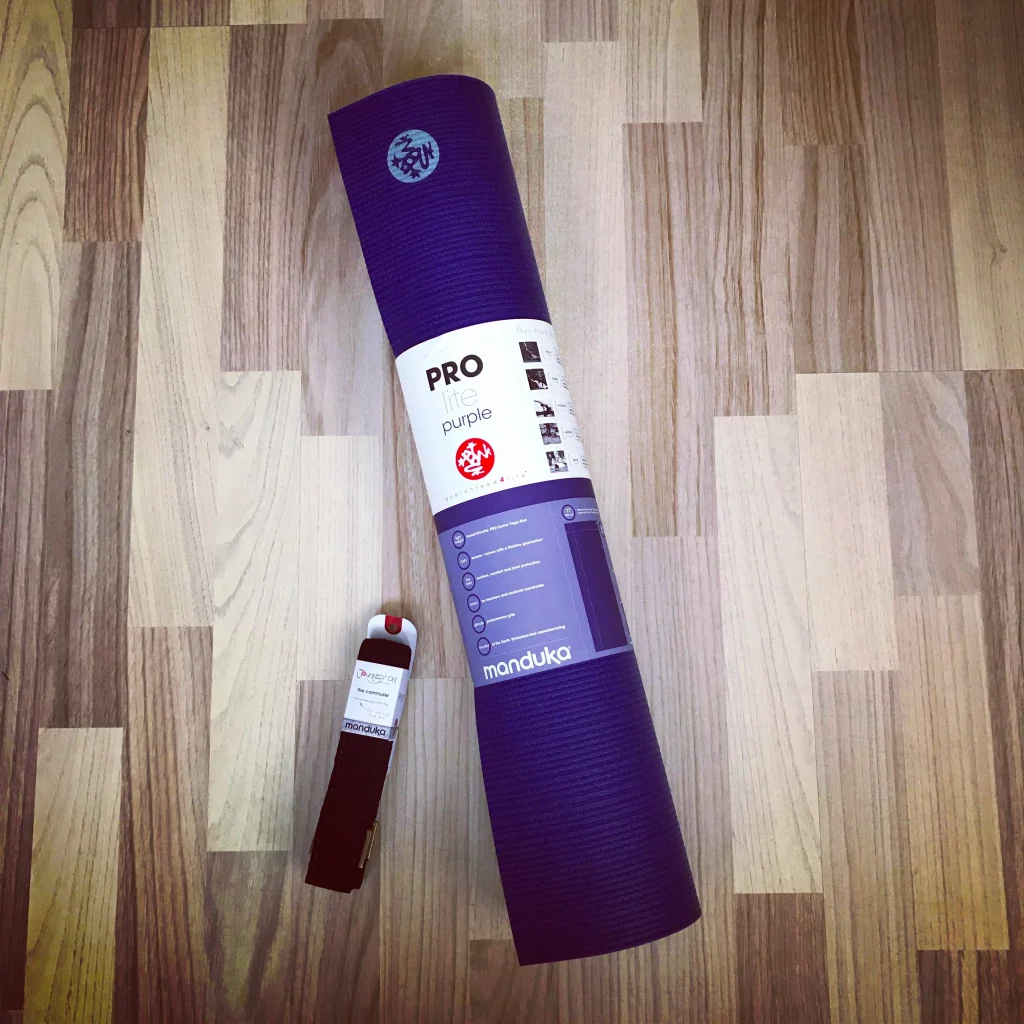 image source: reddit.com
image source: reddit.com
Continuing to move around, exercise and stay active is one of the hardest things to do when you're stuck in pain, grieving and dealing with heartbreak. But it's actually one of the best remedies for feeling that way - which is why it's so frustrating that it can be the hardest thing to get off the couch! Don't push yourself too far - you don't have to go to the gym for hours, but getting up and even doing some stretches, yoga or steps around the house mean you're still on your feet and you're moving. The more you stay still, the worse you'll feel.
40. Journal your thoughts and feelings
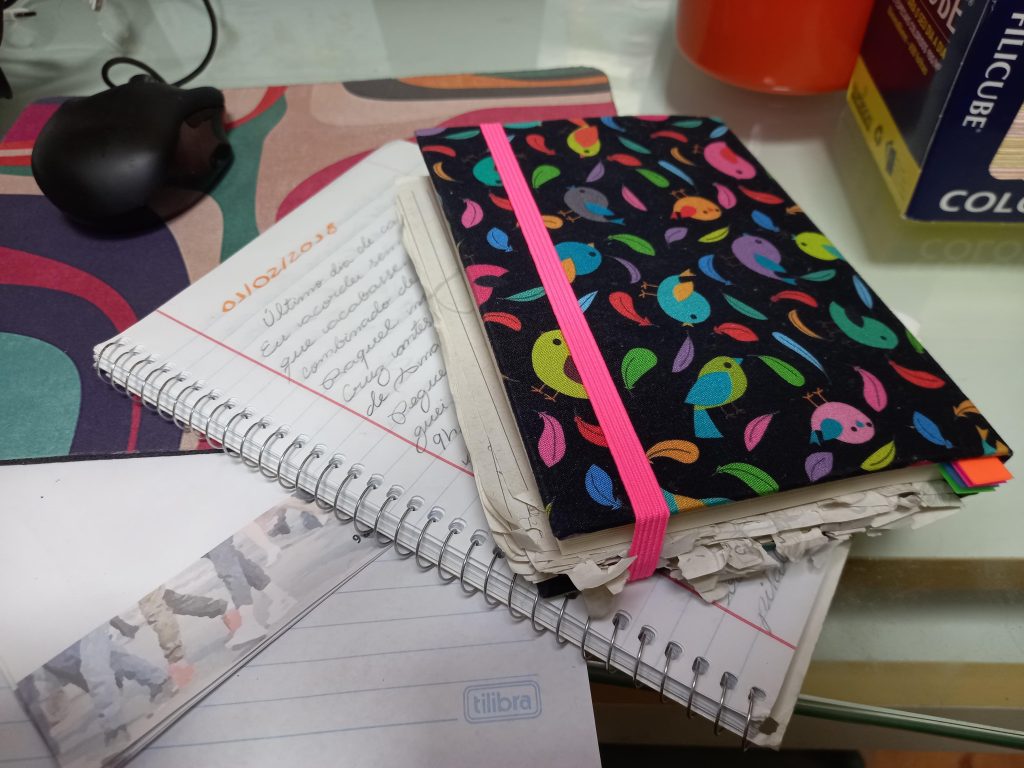 image source: reddit.com
image source: reddit.com
You need to find a coping mechanism and a way to deal with your emotions through the heartbreak, and one of the best ways you can do this is through journaling. Whether you've journaled before or not, it's a great way to get your feelings out of your head and down on paper. It can help you to work through everything and feel a bit lighter for lessening the load. You can also find a way of journaling that works for you during this time. You might find writing random words and doodles helps more than writing an essay. You might prefer bullet points to paragraphs. Whatever helps you.
41. Make a heartbreak playlist
 image source: reddit.com
image source: reddit.com
This might sound like the most anti-productive thing you can do to heal heartbreak, but we all know how, strangely, sad sounds make us feel better when we're feeling sad. Music is one of the most powerful things to help when dealing with loss and heartbreak. Sad songs can help you to feel less alone and connect with lyrics, while happy music might help you to feel more like yourself again. Making a playlist that's designed for how you're feeling right now can really help you to work through things. And, in a way, feel like you're not alone.
42. Drink, eat and wear warm things
 image source: reddit.com
image source: reddit.com
This may sound random, but it's all about the idea of having a 'warm hug' through what you're doing. Just like hot soup can perk you up on a cold day, or a hot cup of cocoa on a winter's night can have you feeling happier, all of this applies when you're going through this difficult time. With grief and heartbreak, you're going to feel physically achy and cold. Drinking and eating warm food is going to help warm you up inside, while on the outside things like big fleecy blankets, jumpers, hot water bottles and even weighted blankets will all have you feeling cared for.
43. Find a creative outlet
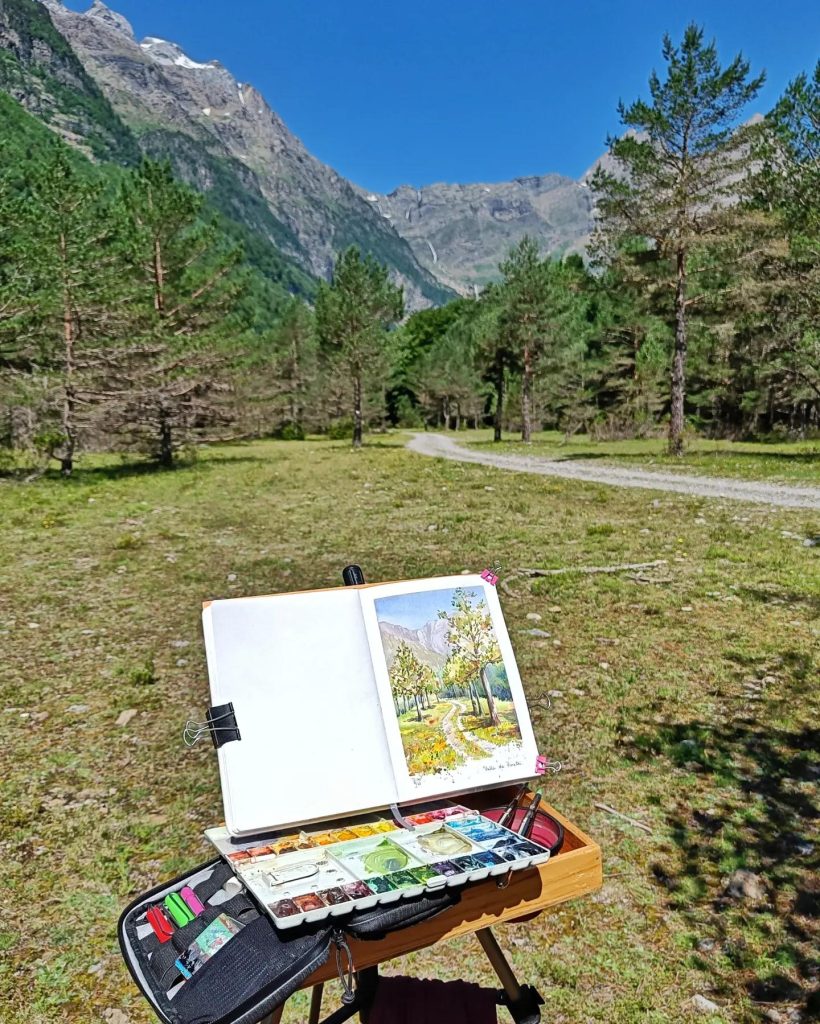 image source: reddit.com
image source: reddit.com
Creative things are often a great way to work through emotions. Most of the things created these days - whether it's music, art or writing - are from a place of pain, loss or one particular emotion that the artist needed to express or get out, whether happy or sad. Finding a creative outlet that works for you during this time of heartbreak can actually be a good thing. Maybe you want to write a poem about how you feel. Maybe you're already a painter or a drawer and you want to do a sketch of something that portrays how you're feeling.
44. Try to help other people
 image source: reddit.com
image source: reddit.com
It can be a difficult time to put your time and energy into helping other people when you yourself need help getting through your painful emotions. But helping others can actually help you to feel better about yourself, like a form of therapy. This doesn't mean that you have to hide your pain, it can just be a different way of dealing with it. Maybe you could volunteer at places for vulnerable people, or animal shelters. Maybe you can just give a kind ear to someone who looks like they need it. Maybe talking to other people means you'll learn they've been through the same thing you have.
45. Pamper yourself
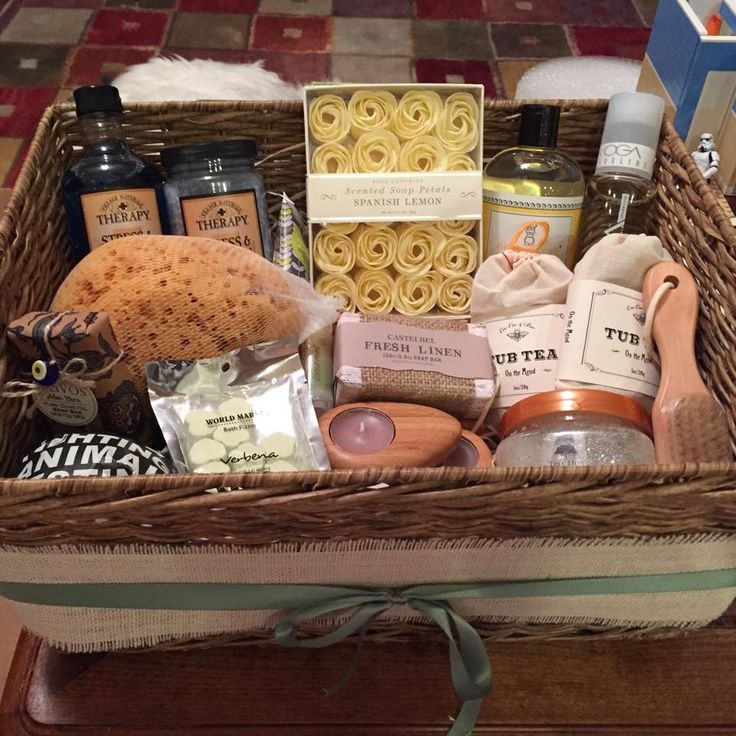 image source: pinterest.com
image source: pinterest.com
We know how difficult it is to look after yourself when you're feeling grief and heartbreak - even the simplest tasks like brushing your teeth or having a shower can seem like mountains to climb. That's why booking treatments or pampering can be a good idea, because it means someone else is taking care of you so you don't feel the pressure of doing it yourself. Things like massages, facials, pedicures, hot stone treatments or even just a simple neck and shoulder massage can all help you to feel better emotionally, while caring for you physically, as well.
46. Keep your home clean and tidy
 image source: reddit.com
image source: reddit.com
Another thing that's near impossible when you're going through something like this is trying to keep on top of basic household chores. It's hard enough to keep yourself clean and dressed, and you're supposed to do that with your home as well? But during this difficult time, your home is going to be your refuge, and you don't want it to add stress to how you're already feeling by being untidy, unhygienic or just not a great place for you to sit or sleep. If you can't face up to it yourself, it's okay to ask for help - or even get a professional service if you want to pay for it!
47. Forgive yourself

image source: reddit.com
One of the stages of going through heartbreak is to start blaming yourself - maybe it was even your decision to walk away from a person or relationship that was hurting you, but it broke your own heart in the process, and you blame yourself for making that decision. The only way you're going to heal or to stop hurting as much as you are is to forgive yourself for what happened. If it was the right thing to do, you don't need to feel guilty about any pain you're feeling, or what you think you caused for someone else. Speak positively to yourself.
48. Write a letter - to them, or to yourself
 image source: reddit.com
image source: reddit.com
Sometimes, heartbreak can leave you with a bunch of unanswered questions or things you wish you would have said, and it's often that which can eat you up from the inside and be something you're constantly dwelling on. It can be difficult to get over the situation and move on from that when you're constantly going over the things you wish you would have said. One great method to get closer is to write a letter - either to the person who broke your heart, or to your past self, to get out everything you want to say. Address it to them, say everything honestly, and sign it.
49. Be silent and mindful
 image source: reddit.com
image source: reddit.com
Sometimes when you're dealing with grief and heartbreak, the idea of silence can make everything harder to bear. You might feel like you need a lot of noise to distract from what's going on in your head. But practicing mindfulness can be great for the healing process, and mindfulness can be better when things are quiet. This will allow you to hear your own breathing, and take note of everything going on around you so you can point them out, like hearing the birds, hearing traffic, someone mowing their lawn outside...
50. Don't shut out the people close to you
 image source: reddit.com
image source: reddit.com
When you have a broken heart, you often just want to be alone. You don't want anyone to see you, and you don't have the energy to speak. It's very easy to shut people out when you're dealing with something like this, but it will make the world of difference to have people around you who care about you. But we also understand it's not that easy for everyone - some people might not have friends or family to rely on. In this case, reaching out to professional services like grief helplines or people who specialize in talking to people in need, can be a big help.































 image source: reddit.com
image source: reddit.com image source: reddit.com
image source: reddit.com image source: reddit.com
image source: reddit.com image source: reddit.com
image source: reddit.com image source: reddit.com
image source: reddit.com
 image source: reddit.com
image source: reddit.com image source: reddit.com
image source: reddit.com image source: reddit.com
image source: reddit.com image source: reddit.com
image source: reddit.com image source: reddit.com
image source: reddit.com image source: reddit.com
image source: reddit.com image source: reddit.com
image source: reddit.com image source: reddit.com
image source: reddit.com image source: pinterest.com
image source: pinterest.com image source: reddit.com
image source: reddit.com
 image source: reddit.com
image source: reddit.com image source: reddit.com
image source: reddit.com image source: reddit.com
image source: reddit.com